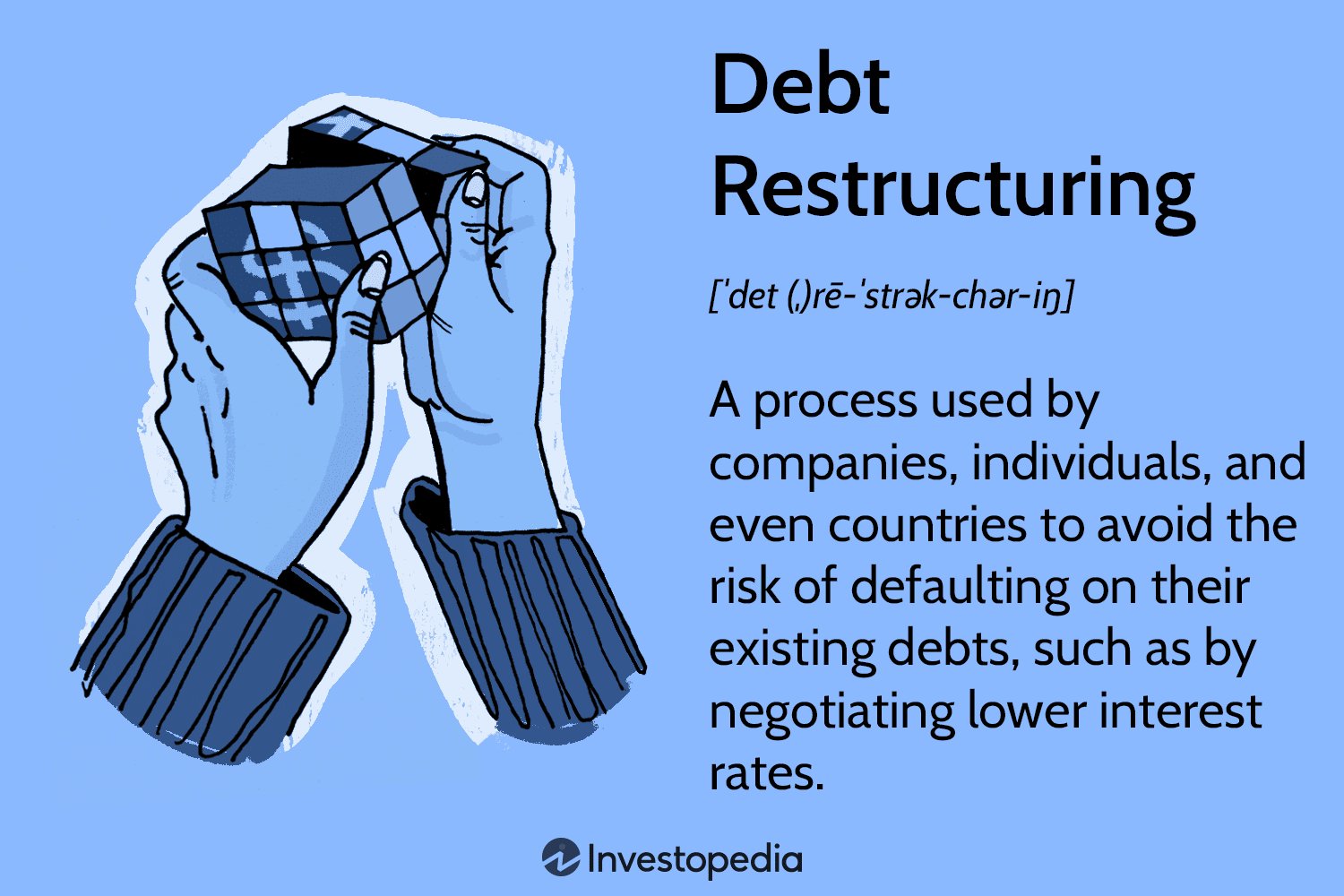Are you starting a new job and unsure how to negotiate your first salary offer? Look no further! In this blog article, we will provide you with valuable tips for negotiating your first salary offer effectively. Whether you’re a recent graduate or transitioning careers, understanding how to navigate this crucial conversation can significantly impact your financial future. So, let’s dive right in and learn how to have a confident and successful salary negotiation.
Tips for Negotiating Your First Salary Offer
Negotiating your first salary offer can be an intimidating process, especially if you’re new to the job market. It’s crucial to advocate for yourself and ensure that you’re being compensated fairly for your skills and experience. In this article, we’ll explore a series of tips and strategies to help you navigate the negotiation process successfully. From understanding your worth to presenting a compelling case, these insights will empower you to negotiate your first salary offer with confidence.
1. Research the Market
Before entering any negotiation, it’s essential to research and understand the current market rates for your position and industry. This knowledge will allow you to assess whether the initial offer is competitive or not. Here are some valuable resources to help you gather this information:
- Online salary databases: Websites like Glassdoor, Payscale, and Salary.com provide salary range data specific to job titles, locations, and industries.
- Industry reports: Look for industry-specific publications or reports that highlight average salaries and compensation trends in your field.
- Network with professionals: Connect with individuals already working in similar roles or industries to gain insights into salary ranges.
By arming yourself with this information, you’ll have a solid foundation to negotiate from and can confidently assert your value during discussions.
2. Determine Your Value Proposition
Understanding your worth is crucial when negotiating your salary. Take the time to evaluate your skills, qualifications, and relevant experience to determine your unique value proposition. Consider the following factors:
- Educational background: Highlight any advanced degrees, specialized certifications, or relevant coursework that sets you apart.
- Work experience: Emphasize the years of experience you bring to the table, as well as any notable achievements or responsibilities you’ve held in previous roles.
- Skills and expertise: Identify your key skills and areas of expertise that align with the requirements of the position.
- Industry knowledge: Demonstrate your understanding of industry trends, emerging technologies, or market insights that can contribute to the company’s growth or success.
By clearly articulating your unique value proposition, you’ll enhance your negotiating position and demonstrate why you deserve competitive compensation.
3. Consider the Full Compensation Package
When assessing a salary offer, it’s important to consider the entire compensation package, not just the base salary. Many companies offer additional benefits and perks that can significantly impact your overall satisfaction and financial well-being. Here are some elements to evaluate:
- Bonuses and incentives: Inquire about performance-based bonuses, profit-sharing opportunities, or commissions tied to achieving specific targets.
- Healthcare and insurance: Assess the quality and coverage of the offered healthcare plans, as well as other insurance benefits such as dental, vision, or disability.
- Retirement plans: Evaluate the employer’s contribution to retirement plans like 401(k) matching or pension options.
- Paid time off: Consider the number of vacation days, sick leave policies, and other paid time-off benefits.
- Professional development: Inquire about opportunities for training, conferences, or certifications that can enhance your skills and career progression.
By assessing the full compensation package, you can better weigh the value of the offer and make an informed decision.
4. Practice Your Negotiation Skills
Negotiating is a skill that improves with practice. Prior to entering the negotiation, consider these strategies to enhance your negotiation skills:
- Role-playing: Enlist a friend or mentor to help you simulate the negotiation process. Practice presenting your value proposition, responding to potential counteroffers, and maintaining a confident demeanor.
- Research common objections: Anticipate potential objections or pushbacks from the employer and prepare compelling responses.
- Set realistic goals: Define your ideal salary range and benefits, as well as your bottom line. This will help you stay focused and negotiate effectively.
- Active listening: During the negotiation, listen attentively to the employer’s concerns and priorities. Acknowledging their perspective can help foster a more collaborative negotiation process.
- Stay calm and professional: Keep your emotions in check and maintain a professional demeanor throughout the negotiation. Remain confident, respectful, and assertive in presenting your case.
With practice, you’ll develop the confidence and skills needed to negotiate effectively and achieve a favorable outcome.
5. Be Prepared for Different Scenarios
Negotiations rarely follow a linear path, so it’s important to be prepared for different potential outcomes. Consider the following scenarios:
Scenario 1: The Offer Meets or Exceeds Your Expectations
If the initial offer meets or exceeds your expectations, congratulations! However, you can still explore opportunities to maximize your compensation:
- Consider negotiating additional benefits or perks, such as more vacation days, a flexible work schedule, or the ability to work remotely.
- Discuss opportunities for career growth and advancement within the organization.
- Inquire about performance reviews and salary increases over time.
Scenario 2: The Offer Falls Short of Your Expectations
If the offer falls short of your expectations, don’t be discouraged. You still have options:
- Articulate your value proposition and provide evidence supporting your request for higher compensation.
- Suggest a counteroffer backed by market research and comparable salaries in your industry.
- Discuss non-monetary benefits that could compensate for a lower salary, such as additional vacation days, professional development opportunities, or more flexibility.
Scenario 3: The Employer Doesn’t Budge
In some cases, the employer may not be able to accommodate your requested salary. If this occurs:
- Consider negotiating for a performance review after a certain period, with the potential for a salary increase based on your achievements.
- Focus on other elements of the compensation package that could be improved, such as bonuses, retirement plans, or additional benefits.
- Assess the long-term growth potential and career advancement opportunities within the company.
6. Follow-Up and Acceptance
Once an agreement is reached, it’s essential to follow up appropriately. Express your gratitude and reiterate your excitement about joining the company. Confirm the agreed-upon terms in writing, including the agreed salary, start date, and any other pertinent details.
Remember, negotiating your first salary offer is not just about the immediate compensation but also about setting a foundation for future growth and earning potential. By advocating for yourself and demonstrating your value, you’ll be on your way to establishing a fair and rewarding professional journey.
How to Negotiate Salary after Job Offer | 5 Practical Tips
Frequently Asked Questions
Frequently Asked Questions (FAQs)
1. Can I negotiate my first salary offer?
Yes, you can negotiate your first salary offer. Employers generally expect some negotiation and are often willing to engage in the process.
2. When is the best time to negotiate salary?
The best time to negotiate salary is after receiving a job offer but before accepting it. This allows you to demonstrate your value to the company without jeopardizing the offer.
3. How do I research salary ranges for my position?
You can research salary ranges for your position by utilizing online resources like salary comparison websites, industry-specific reports, or speaking with professionals in your field.
4. What factors should I consider when negotiating my salary?
When negotiating your salary, consider factors such as your experience, qualifications, industry standards, the company’s financial health, and the cost of living in the location where the job is located.
5. How do I approach salary negotiations with confidence?
Approach salary negotiations with confidence by thoroughly preparing beforehand. Practice your talking points, gather information about your value, and be clear about your desired salary range.
6. Should I disclose my current salary during negotiations?
It is generally best to avoid disclosing your current salary during negotiations. Instead, focus on the value you bring to the company and the market rate for your position.
7. How do I respond to a low salary offer?
When faced with a low salary offer, express your gratitude for the opportunity and then professionally and assertively negotiate. Emphasize your qualifications and how they align with the company’s needs.
8. What if the employer refuses to negotiate the salary?
If the employer refuses to negotiate the salary, consider discussing other aspects of the offer such as bonuses, benefits, or opportunities for growth within the company. Alternatively, you may need to evaluate whether the offer aligns with your expectations and long-term goals.
Final Thoughts
When negotiating your first salary offer, it’s vital to be prepared and confident. Research the market rates for your position and use that information to set realistic expectations. Highlight your achievements and the value you bring to the company during the negotiation process. Be polite yet assertive, and don’t be afraid to ask for what you deserve. Remember to listen actively and be open to compromising. Practice your negotiation skills beforehand to boost your confidence. By following these tips for negotiating your first salary offer, you can ensure a fair and satisfactory outcome.



